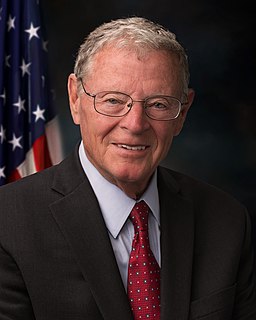A Quote by Will Hurd
Saudi Arabia is a crucial ally in the Middle East, supporting U.S. efforts to fight terrorism and halt the ambitions of a hostile and increasingly aggressive Iran.
Related Quotes
Sadly, a U.S. invasion of Iraq 'would threaten the whole stability of the Middle East' - or so Amr Moussa, secretary-general of the Arab League, told the BBC on Tuesday. Amr's talking points are so Sept. 10: It's supposed to destabilize the Middle East. The stability of the Middle East is unique in the non-democratic world and it's the lack of change in Iraq, Iran, Saudi Arabia, Syria, Egypt that's turned them into a fetid swamp of terrorist bottom-feeders.
I think that all countries of the region should join their efforts in the fight against a common threat - terrorism in general and ISIS in particular. It concerns Iran as well, it concerns Saudi Arabia (although the two countries do not get along very well, ISIS threatens both of them), it concerns Jordan, it concerns Turkey (in spite of certain problems regarding the Kurdish issue), and, in my opinion, everybody is interested in resolving the situation. Our task is to join these efforts to fight against a common enemy.
If you're the King of Jordan, if you're a part of the royal family in Saudi Arabia and he's made this deal with Iran which gives them $150 billion to wage a war and try to extend their empire across the Middle East, why would you want to do it now? When I stand across from King Hussein of Jordan and I say to him, "You have a friend again sir, who will stand with you to fight this fight," he'll change his mind.
If I look at the really important questions in [Middle East] region, I see Iran, where there is a strong desire for a freer society and where people are repressed by a small group of ayatollahs. I see Syria, where we can see a similar desire of the people to be free. These two countries fund Hezbollah and other terrorist organizations and are hurting our efforts in Afghanistan and have been extremely harmful in Iraq. Then I also see large, important countries such as Egypt and Saudi Arabia.
Take a look at the Supreme Court decision that just authorized an effort by U.S. claimants against Iran for terrorist acts. What are the terrorist acts? The terrorist acts are bombings of U.S. military installations in Lebanon and Saudi Arabia, which Iran is claimed to have something to do with. Well suppose they did. That's not terrorism. I mean if we have a military base in Lebanon that while we're shelling Lebanese naval ships, the Navy is shelling Lebanese installations and somebody attacks [that's not terrorism].
































